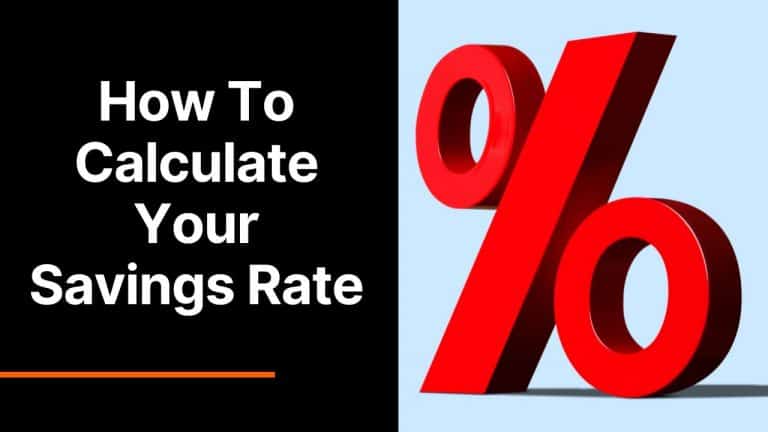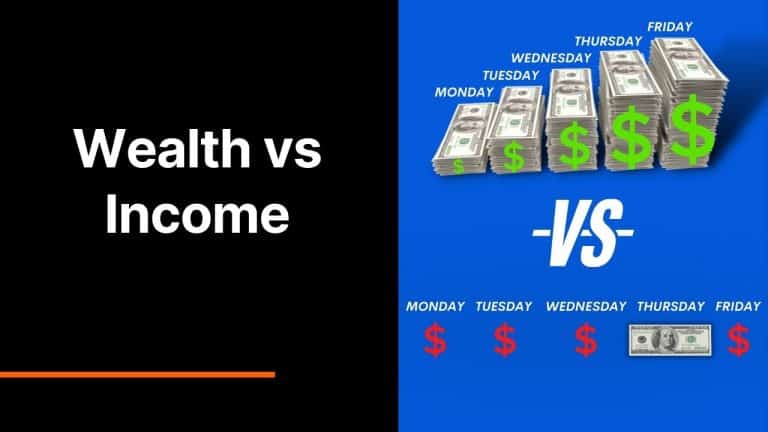The Different Types of Investment Vehicles
If there’s one thing wealthy people have in common, it’s the fact that most of them have many different types of investment vehicles.
Because
Instead of YOU working for money.
And when talking about
Well… there’s no simple answer to this question. Because everyone’s in a different financial situation.
What’s best for the rich like Warren Buffet or Bill Gates isn’t best for a person who just started out
And yet, just because it’s difficult, doesn’t mean we shouldn’t bother finding out the answer. So, today I will provide a quick overview of some of the most commonly used investment vehicles.
This should give you a starting point as to what types of investment vehicles may be the best for your situation.
Investment Vehicles – The Basics
Since this topic is very big, we will start with something easy to remember.
And from there, the article will further explore specific types of investment vehicles in further detail. So without further delay, let’s get into it.
There are two major categories of investment vehicles:
A. Hard Assets
&
B. Paper Assets
Most
Hard Asset Investment Vehicles
Hard assets are investment vehicles that you physically own.
The common examples of hard assets are:
* Real Estate *
* Precious Metals *
Of course, there are other ‘hard’ assets that are used for investment purposes.
But by far, these two are the most common. Now let’s move into further exploring these investment options in more detail.
* Real Estate * – most people know about real estate
And as the name suggests, this investment involves the use of physical properties.
One big pro of real estate is the prices are for the most part stable. This doesn’t mean real estate prices don’t go down.
In fact, they do, just like any market.
But, compared to other investment vehicles, real estate price fluctuations are stable. And real estate also allows for greater price influence.
For example, if you own a stock, there’s little you can do to increase its price.
However, if you renovate a house, its market price can dramatically increase depending on the renovation done.
Of course, you’ll have to spend money on the renovation. But you’ll still come out ahead if you run the numbers.
One downside when it comes to real estate is selling a house can take a while. It isn’t easy or fast to convert the value of your property into cash. Things don’t happen overnight or with the press of a button.
Having said that, there are options available to you if you really need to convert some value from your property into cash.
Like refinancing.
* Precious Metals * – Gold and silver are among the most popular forms of precious metals.
The pros of precious metals are you have history on your side. Gold and silver have been historically accepted throughout most civilizations in the past.
Thus, you can be a bit sure that it won’t be going away in the near future. But, the downside with precious metals is security.
If you own large volumes of gold or silver, you’ll have to keep it safe and secure.
Of course, you could pay someone to store it for you, but that would also expose you to other problems.
For example, they could run away with your precious metals.
Paper Assets Investment Vehicles
Generally, if you don’t physically own the investment, then it’s often categorized as a paper asset.
A few good examples of paper assets types of investment vehicles are:
* Stocks *
* Bonds *
* Foreign Exchange *
* Cryptocurrency *
* Stocks * – owning a stock means you own a part of a company.
This is both a good thing and a bad thing which we’ll discuss below.
One excellent pro of stocks is it’s a vehicle that’s proven to make plenty of people rich. And if you’re uncomfortable with new types of investment vehicles that may disappear then stocks are an excellent option.
And when you own a part of a company, you’re also entitled to a portion of the growth and gains of that company. You’ll either get dividends, or the price of the stock you own will increase in value.
But the downside of stocks is that you’ll also share in their losses.
Because when stock prices drop since you own a part of the company, the dividend or price of what you own decreases as well.
* Bonds * – bonds are basically debts.
If you own a bond from X company, that means X company owes you money. And they will have to pay it back with interest.
Governments and companies can issue bonds. And they’re typically graded on how reliable they are in terms of paying you back your money.
One major pro of bonds is that they’re safer than stocks.
Because with bonds, it doesn’t matter if the issuer of the bond loses, they’ll still have to pay back the bond. Assuming they won’t default on the bond.
The downside of bonds is they’re slow to grow.
In the investment world, if something is a safer play, it comes with slower growth.
However, that doesn’t mean it’s bad.
There are situations in which your priority is protection and not capital growth. And in such cases, bonds are an excellent choice.
* Foreign Exchange * – this type of investment vehicle is also known as Forex.
This investment vehicle deals with the exchange rate of major goods and currencies of the world.
One major pro when it comes to Forex is the higher levels of leverage. Forex brokers normally allow you to have 100x leverage. This means you can accumulate plenty of gains using a small amount of money.
But the downside of Forex is you have limited options.
Yes, Forex will often list hundreds of currencies you can trade. But, because exotic and uncommon currencies normally carry heavy trading fees (called spreads in Forex), you’ll often be limited to the major currencies for your actual trading.
* Cryptocurrency * – when it comes to major paper assets, cryptocurrency is perhaps the most recent of the bunch.
There are plenty of cryptocurrencies that claim to do different things. So it’s a bit difficult to frame them with a single definition. But Bitcoin was first and is King.
If a digital coin requires some cryptography solving to produce, then it falls under cryptocurrency.
One major benefit of cryptocurrency is it’s decentralized. You can send and get
But the downside of cryptocurrency is that it’s still new. So, there’s still a possibility it might not be the same in the future.
Wrapping It All Up
Keep in mind knowing the different types of investment vehicles is just the first step.
And the reason why there are many different types of investment vehicles is everyone has different needs. So, it’s best you continue your education based on your specific needs.
And your current financial situation.
Doing so will make things a lot more clear. And make it a lot easier to choose the right investment vehicle for your situation.






